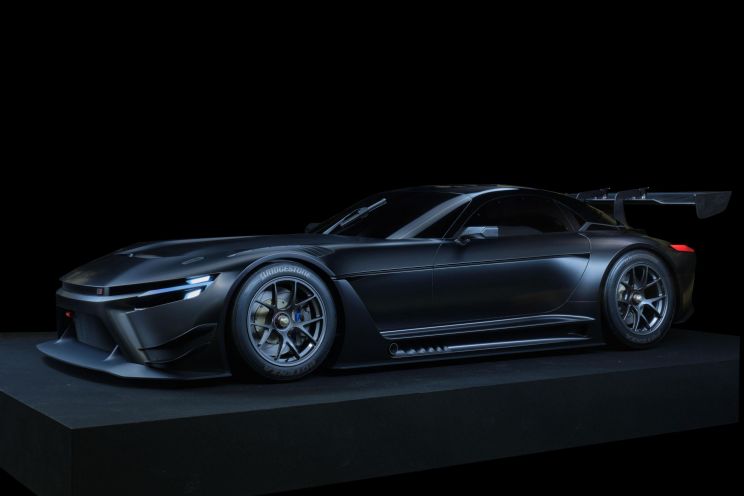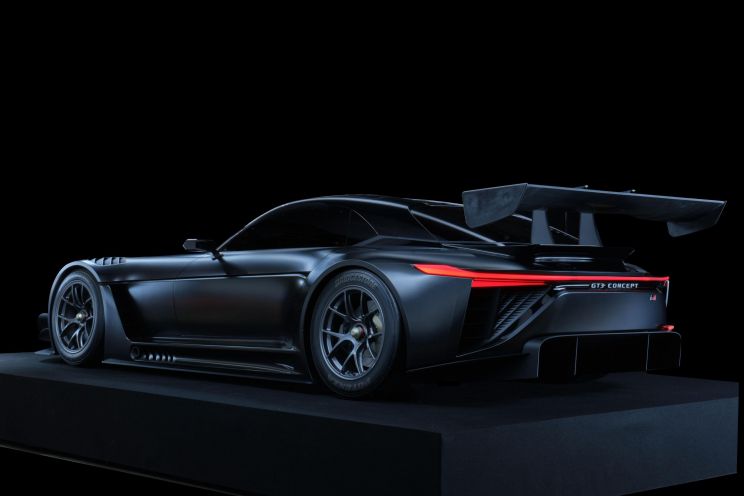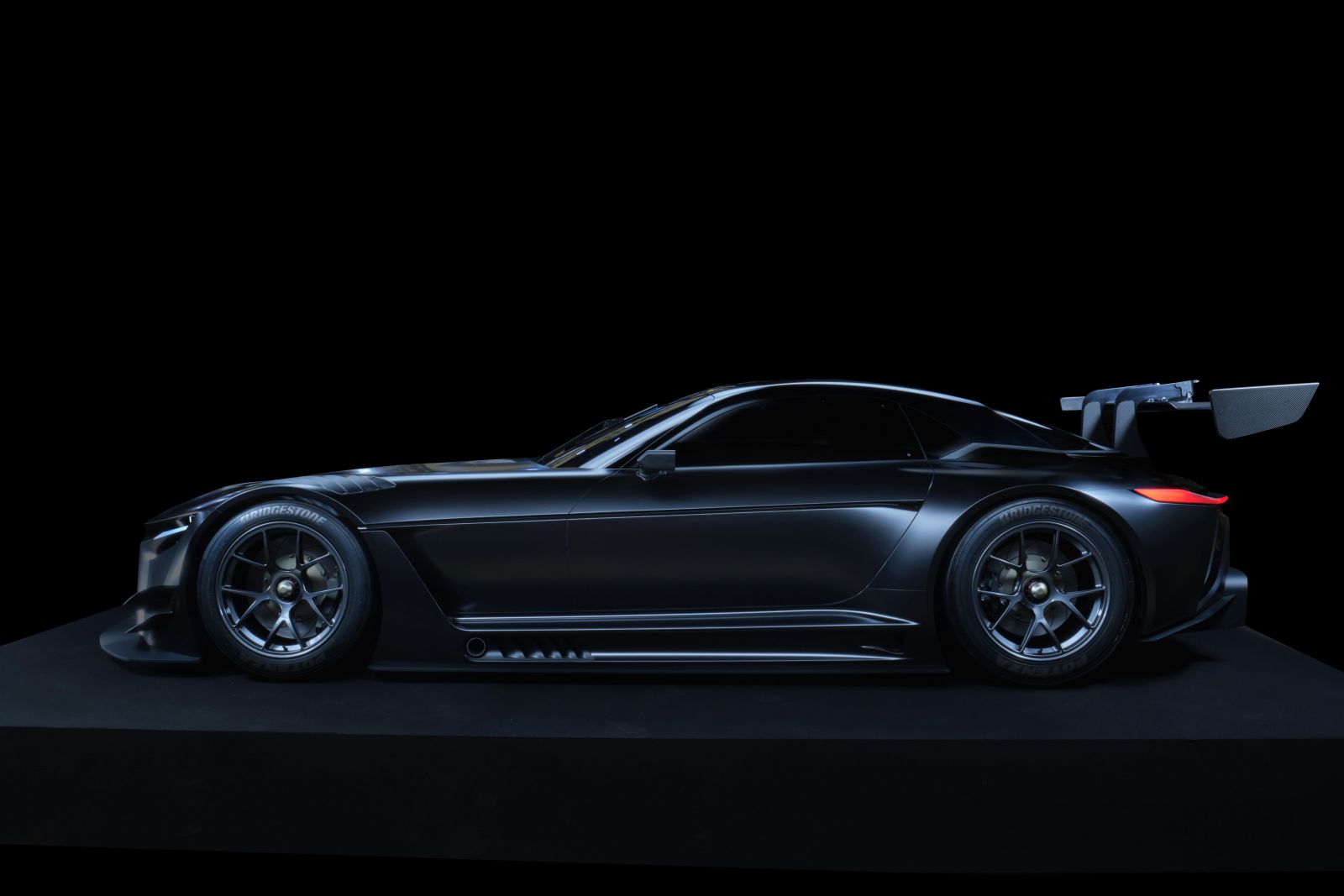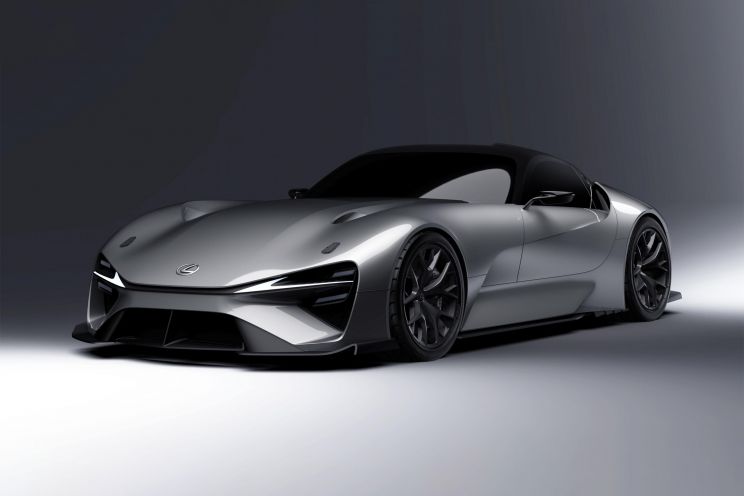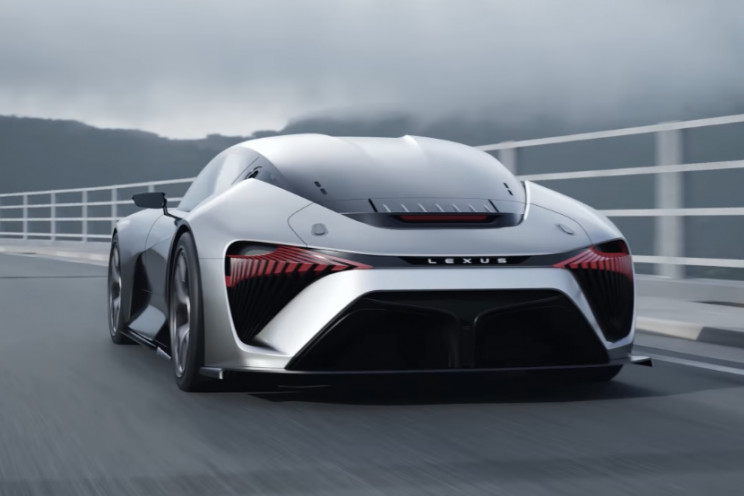Lexus will reportedly introduce a long-awaited successor to the LFA in 2025, and it’ll pack a twin-turbo V8 hybrid powertrain.
Best Car Web reports the LFA successor is a “souvenir” of Akio Toyoda’s time as president of Toyota Motor Corporation.
The rear-wheel drive supercar will reportedly use a twin-turbocharged 4.0-litre V8 with between 515kW and 530kW of power, mated with an electric motor that could push output up to 662kW.
The Japanese outlet reports the goal is to start production in the summer (our winter) of 2025, but it could reportedly begin several months earlier as “development is progressing smoothly”.
It’s reportedly being developed concurrently with a GT3 racing car, previewed by the Toyota GR GT3 concept unveiled at the 2022 Tokyo motor show, and is referred to as a “catalog model” and not a limited-build model like the LFA.
That suggests it’ll be available for longer, and potentially in greater numbers, than the V10-powered LFA which was produced over just two years and of which just 500 units were manufactured in total.
It will reportedly feature a unique design that “does not resemble any supersport of the past” and has a “complex” rear end, per the report, and will measure around 4600mm long, 1950mm wide and 1200mm tall on a 2700mm wheelbase.
It will reportedly use a carbon-fibre body atop an aluminium chassis, in contrast with the LFA which had a carbon fibre-reinforced polymer tub and aluminium subframes.
Best Car Web reports the new supercar will be priced at around 20 million yen (A$216,119), more than a top-spec LC500 coupe (14.83 million yen) but less than the original LFA (37.5 million yen) and Honda NSX Type S (27.94 million yen).
Reports of a combustion-powered Lexus supercar arguably come as a surprise, given Lexus previewed an electric supercar with its Electrified Sport concept late in 2021.
It even said of it its “seen by many as a potential successor to the legendary Lexus LFA”.
Lexus suggests its 0-100km/h time is expected to be in the low two-second range and that the car will have a driving range of more than 700km.
“It is possible that a production model may use new solid-state battery technology to achieve authentic high performance,” Lexus adds.
Lexus is planning to stop production of internal combustion-engine vehicles by 2035. In some markets, it’ll transition completely to electric vehicles as soon as 2030.

